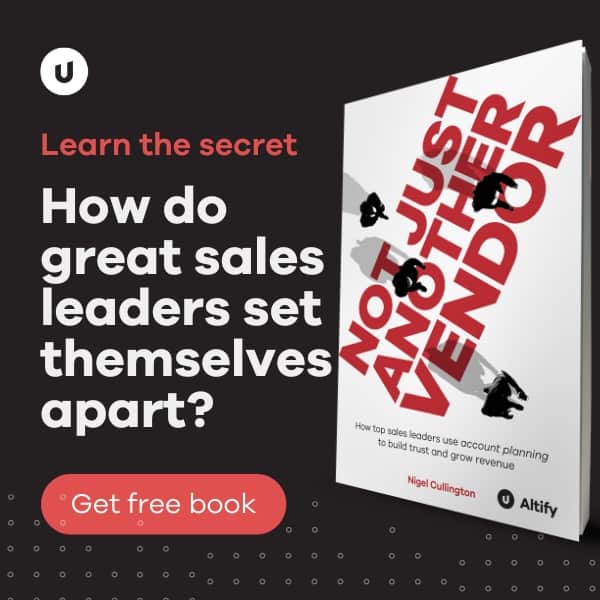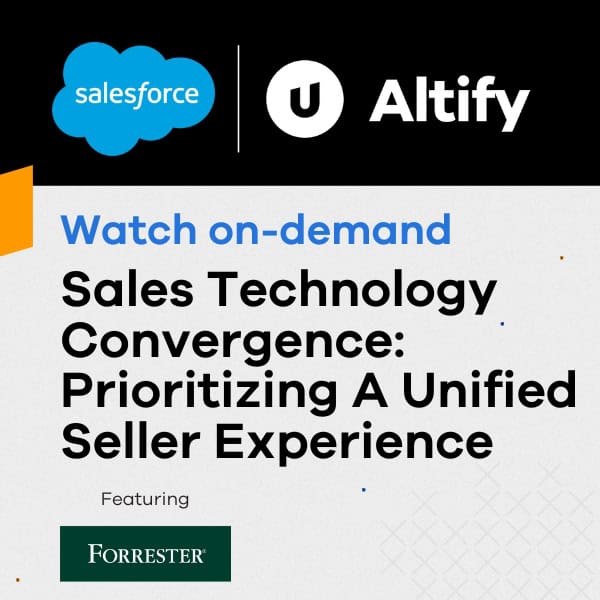 During the economic turmoil of the last decade, what happened was not so much a recession, as a fundamental restructuring of the economic order. This is a good thing! It forced us to focus on true difference versus positioned differentiation. It re-aligned a focus on values and ethics, and it has underlined the value of the asset that is Trust.
During the economic turmoil of the last decade, what happened was not so much a recession, as a fundamental restructuring of the economic order. This is a good thing! It forced us to focus on true difference versus positioned differentiation. It re-aligned a focus on values and ethics, and it has underlined the value of the asset that is Trust.
According to a recent study, customers are almost twice as likely to take a recommendation about a product from ‘someone like them’ than from a company representative. Trust is crucial, so what can you do? Well, unless you want to give up, you need to be part of the ‘recommendation chain’.
You must establish trust, and the customer must see you as someone more ‘like them’, than a representative of your company. But, the threshold is high – because in the end, you’re going to ask them for their money, right? Being ‘like them’ breaks down some barriers, but it’s not enough. It earns you the right to give advice that they might listen to, but the advice better be good, and for that to happen you need to work hard. I will get to that journey in a minute – but first a story.
The most successful salesperson I ever met lives and works in a small city in upstate New York. Matt has four very large customers whose headquarters are based nearby. Over the 15 or so years I’ve known Matt, he has had three different employers, but he has always retained the same four major customers. The companies are in similar sectors, and Matt is considered locally to be an expert in that industry. He is viewed as a thought-leader – even though like all of us, he’s just a bag-carrying sales guy. Every year, Matt worked with his customers to develop their vision for the coming year and they looked to him for guidance and advice. He wasn’t playing the numbers game. He worked with his customers to develop opportunities that he can win. They viewed him as their ‘go-to’ guy to help them deliver on their business initiatives. He successfully transcended the relationship barrier to become a trusted advisor, rather than being perceived just as a vendor. He always exceeded his quota and the customer never, ever focused on price.
Matt is the perfect example of a Trusted Advisor – someone who is at the opposite end of the spectrum from the Vendor, and who has advanced though the levels of Credible Source, and Problem solver on the way.
Would you like to be viewed that way by your customers? When you do, you are insulating yourself from competition, you have longevity in the account, you’ve great revenue predictability, and you’re not drowning in the madness of the ‘numbers game’.
Here’s what you need to do:
- Understand your customers’ industry and their business. If you’re to advise, you must be a subject matter expert.
- You need to give value first and expect nothing in return. You building a relationship for the long term, and it’s only ok to ask for something from the customer when you’ve earned the right.
- You need to be authentic, honest and fair – in everything, always – particularly if you are building a relationship based on trust.
- You must focus on areas of mutual value, where what’s good for the customer is also good for you – in that order. Explore the customers business strategy, understand or suggest business initiatives to deliver on that strategy, can when you find an area that will make a real difference to the customer, see if you have a solution to their problem. Start with the problem, not the solution.
- Choose your customers wisely, only apply the resources to customer for whom your products or services can truly deliver value. Don’t try to force-fit your solution. It will only end up in tears.
- Make sure that your efforts are matched by the customer’s commitment – otherwise you’re wasting your time. This forces you to interact with people in the customer’s organization who can commit or apply resources. Spending time with anyone else is not productive.
- Recognize that some customers don’t want this level of attention – the level of relationship needs to be appropriate to the business opportunity
- It boils down to value, and value propositions needs to be business based, not feature based, addressing the critical success factors for key business initiatives – which means you need to understand the customer’s business.
Sit in the customer’s chair and ask the question: Would I buy a – insert product name here – from this company? If you answer that question honestly it will guide your actions.
Remember, customers don’t need you to learn about your product. They can get all of the information they need from the Internet. They don’t need you to recommend solutions – they can get that from their peers. Your opportunity is to help them shape their needs, identify or suggest initiatives, and then attach your solutions to those initiatives. For that you need to be a Trusted Advisor. There really is no other way.


